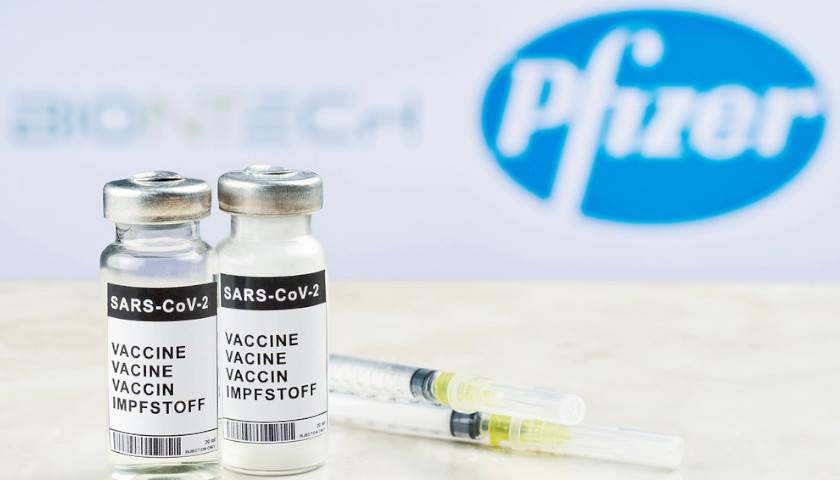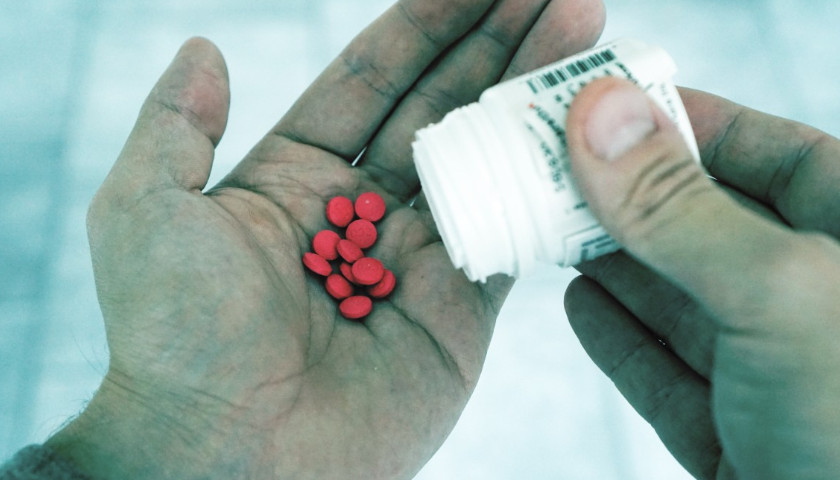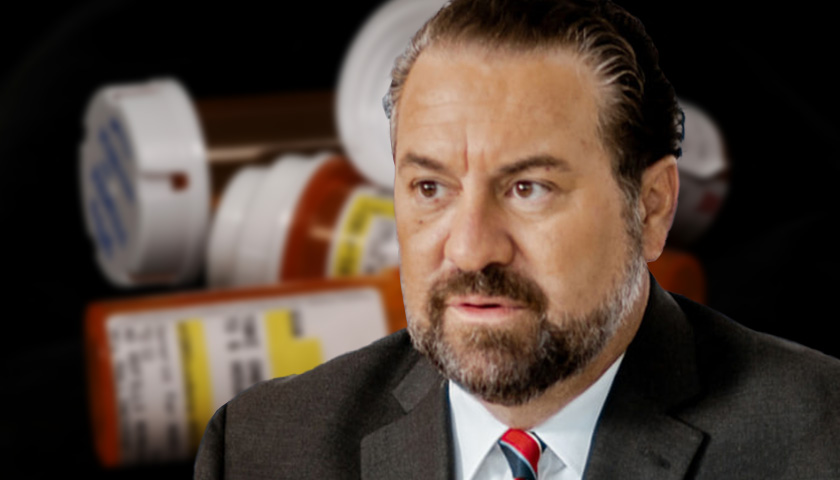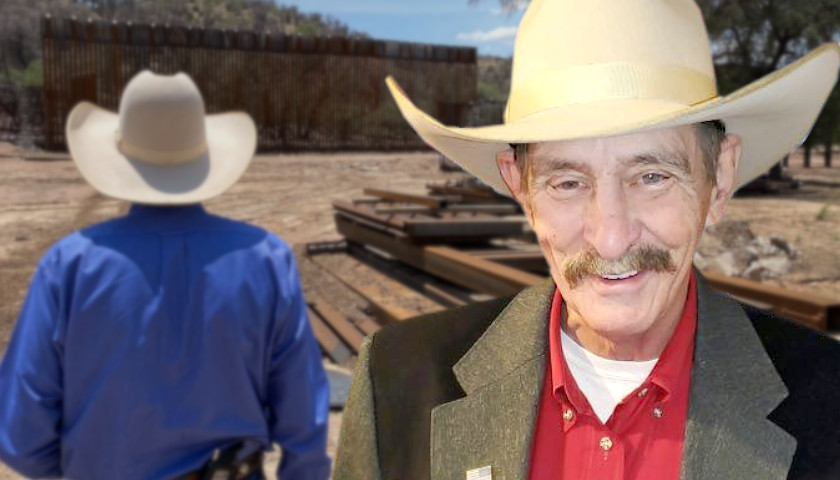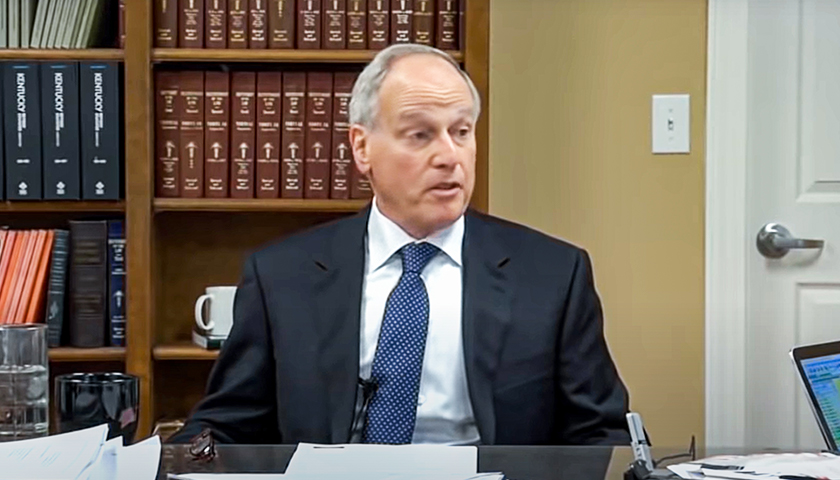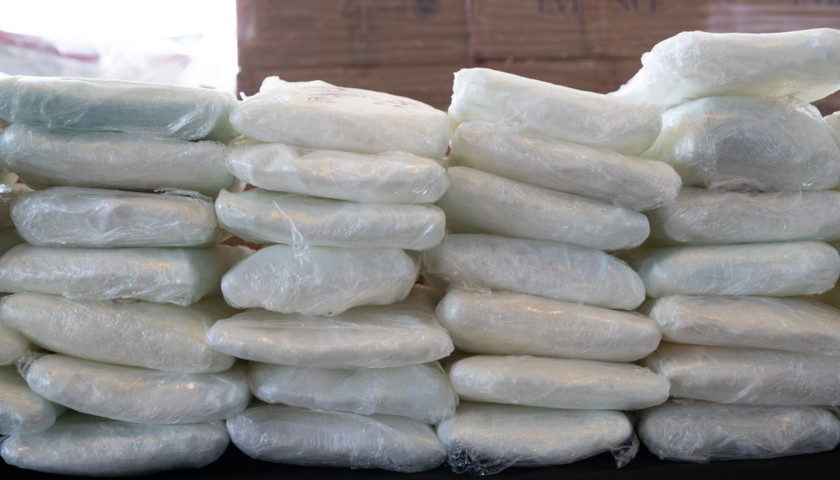Public opinion on the pharmaceutical industry has declined sharply over the past decade, according to new polling released by Gallup.
The proportion of Americans who believe pharmaceutical companies provide good or excellent services declined 21 points between 2010 and 2023, according to a poll released Monday. Public controversies over COVID-19 vaccines and the opioid crisis have implicated the pharmaceutical industry in recent years.
Read More
